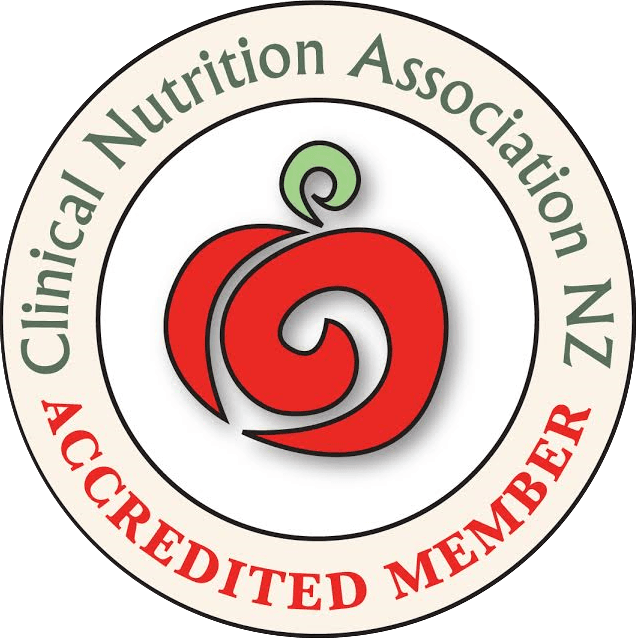Frequently Asked Questions
There is so much information we are bombarded with on the news, advertising, latest research, etc…it’s hard to know what’s true and what’s false.
As a fitness instructor and clinical nutritionist I've heard a lot of people claim they have the answers and many just as unsure as the next person.
Questions can be so varied from athletes wanting to know which supplements are best, to seniors wanting to come off their cholesterol and blood pressure medications. Therefore, it’s hard to answer them all as everyone is an individual and has different needs. What is going to work best for you when you’re a teenager you will find doesn’t now that you’re in your fifties.
Our needs change and therefore so should our diet. Here are some of the commonly asked questions. If you have one for me you’d like me to answer, please send me an email and I'd be happy to post about it. Thank you.
WHAT IS THE BEST DIET TO FOLLOW?
I’d like to consider myself an agnostic in this area as I don’t really subscribe to any one dietary philosophy. Every diet has it’s pros and cons and as we are all different one way of eating may work for one person but not the other so it’s important not to put yourself into a category. There are factors to consider such as: age, sex, stage of life, family history, environment, blood type, body shape and more. My job is to help you find the approach that works best FOR YOUR BODY. The human body is very adaptable. The best way of eating is the way that matches both your unique physiology as well as being something you enjoy. After all, food is meant to be enjoyed.
SHOULD I CUT OUT CARBS?
No, you shouldn’t! By cutting carbs you’re cutting out important B vitamins and other nutrients your body needs for energy. A better question to ask is, “What kind of carbs should I be eating”? Of course that comes down to your specific needs, which is why a consultation is always helpful. For example, you don’t want to be eating potatoes if you have arthritis because they are a nightshade and can contribute to arthritic pain. The complex carbs that are full of fibre to help feed your gut are the carbs to focus on, and they include: kumera, potato, beans, legumes, fruit and whole grains. The bottom line is carbs are not fattening so long as you’re having them from a whole-food source.
WHERE DO I START WITH EATING HEALTHIER?
If you’ve been stuck in a rut for some time and now want to start eating better, there are simple things you can do to start. Making sure you get enough protein, vitamins, minerals, healthy fats, water and sleep are important. Whole, nutrient-dense foods will provide the body with the fuel your cells want. Discovering any nutrient deficiencies or food intolerances is also very important, as that can prevent you from getting the nutrients your body needs. Until these are fixed, your body simple won’t function properly. It can be a bit daunting to try and tackle it all at once, so start with one thing at a time. I can help you identify any nutrient deficiencies or food intolerances with a consultation and then tailor your plan to meet your needs and goals. We can focus on food quality, quantity and type of foods for your body. One thing at a time, which will then become habit, and reap bountifully later on.
SHOULD I BE COUNTING CALORIES?
Everyone wants to manage their weight and for some that is an easier task. People may think that a skinny person is healthy, but their insides could be screaming. Calories counted could be from completely malnutritious foods. For example, Weight Watchers sells bars that are very ‘low in calorie’ but they are also low in nutrients and high in sugar. It can get very annoying to weigh, measure and count your food. Remember, it’s about the cells being fed properly, not how many calories are on a label. Eating foods that support your thyroid would be a good start to ensure weight management if that’s something you’re concerned about, and these include: selenium (found in just 2 brazil nuts a day), iodine (found in sea vegetables, shrimp, iodised salt), zinc (high in pumpkin seeds), copper (found in dark leafy greens and nuts/seeds), Vitamin D (sunshine, eggs, mushrooms), B vitamins (greens, lentils, nuts, chicken fish) and omega 3’s (fatty fish, walnuts and flaxseed).
HOW CAN I IMPROVE MY SLEEP AND MANAGE STRESS?
This is big question that can be quite involved. Ensuring you get enough sleep is just as important as proper nutrition for the body. Here are a few tips:
- Limit alcohol and caffeine in the afternoon/evening
- Have a sleep routine schedule (know when you go to bed)
- Try and get to sleep before 10 pm when the next release of cortisol occurs in the body
- Choose calming activities before bed like knitting or reading
- Make the room dark (melatonin is only released once it’s dark and that is the sleep-inducing chemical)
- Ensure there are no noises in the room such as a ticking clock
- Ensure a comfortable temperature in the room
- Avoid a large evening meal within a few hours of bedtime
- Avoid foods that hinder sleep, including: alcohol, spicy foods, coffee, high fat foods and chocolate.
Include foods that can help:
- Turkey, cherries, bananas, almonds, cashews, seeds and figs.
- Herbal tea: Chamomile
- Magnesium – encourages melatonin production
- Calcium – helps calm the body and induce sleep
- 5 HTP – Tryptophan is an amino acid your body can’t make that helps promote sleep.
Stress can help us stay focused, alert, and on top of everything. However, it depends on what kind of stress it is and how capable and ready we are to handle it. As stress effects the mind, body and behaviour, we all experience it and react differently. I can give you a stress test during your consultation to see to what extent stress is impacting your body.
Here are some tips to help you diminish your stress load now:
- Meditation or Yoga
- Snuggle a pet
- Listen to relaxing music (I love classical)
- Breathe from you diaphragm (in through your nose allowing your belly to rise and exhale through your mouth)
- Get enough sleep for your body
- Exercise
- Massage
- Get checked for food intolerances
- Soak in a bath of epsom salts for about 20 minutes (no longer as toxins released can get reabsorbed)
- There are also herbal teas such as chamomile, lavender, sage, lemonbalm and passionflower that can help, as well as avoiding the junk food that adds additional stress to the body.


